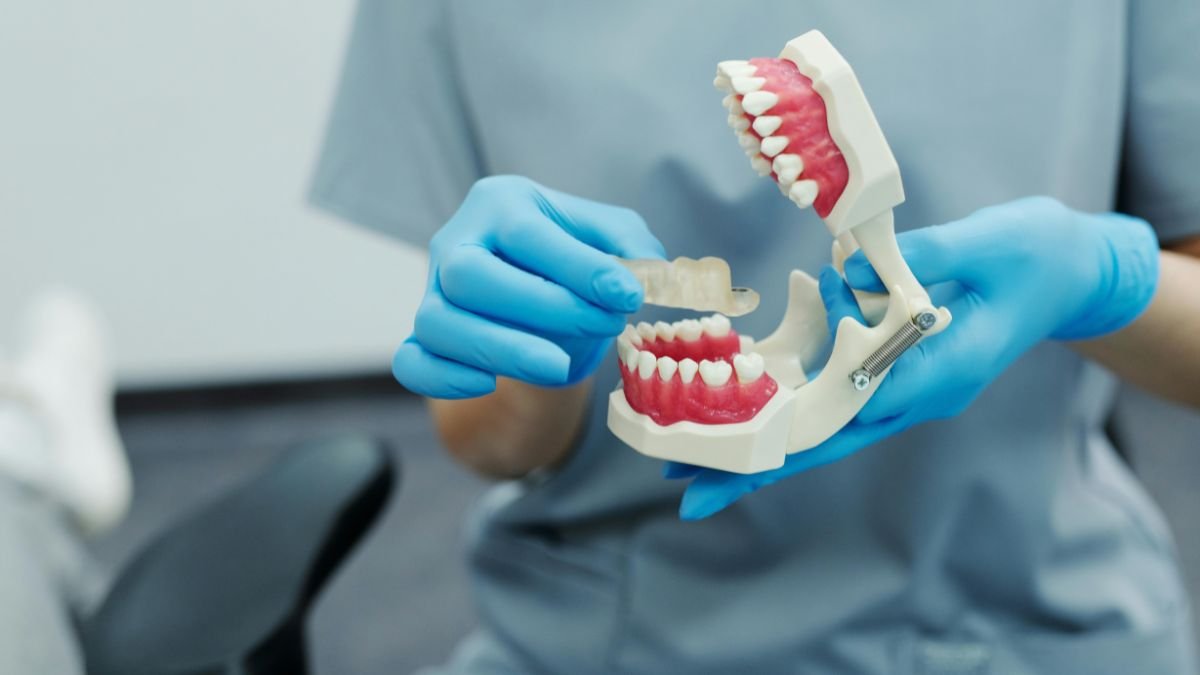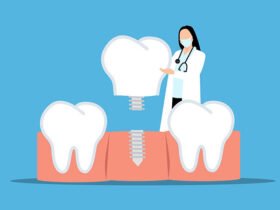Ever wake up with a tight jaw and think, “It’ll pass”? Maybe it does. Or maybe that dull ache follows you through your day, hidden behind coffee and news updates. In today’s high-stress routines, jaw pain gets dismissed as just another modern annoyance. But ignoring it can lead to more than just discomfort.
Long hours at screens, clenching at night, or poorly fitting dental gear can all trigger issues. What starts as mild tension can turn into headaches, sleep trouble, and lasting pain. In growing communities like Cookeville, where people are turning to modern dental care, providers are noticing more cases of jaw-related problems—and why they shouldn’t be shrugged off.
In this blog, we will share why jaw discomfort matters, how daily habits and dental devices can play a role, and what practical steps you can take to feel better before it gets worse.
When the Problem Isn’t Just in Your Head
Stress is often the first thing we blame for jaw pain, and it’s not wrong—clenching during meetings or grinding through sleep is common. But tension isn’t the only cause. Jaw pain can also point to TMJ issues, muscle strain, or bite misalignment. Even small shifts in how your teeth fit can upset the balance. And if you’re using clear aligners, that pressure on your jaw adds another layer to consider.
Devices like Invisalign are great for comfort and appearance. But they still apply pressure to your teeth and jaw. If they don’t fit well, or if you switch trays too soon—or too late—that pressure can cause real pain. Sometimes it’s from a cracked tray, or one that’s not seated correctly. Other times, it’s the jaw trying to adjust to a bite that’s been moved out of sync.
If you’re looking for Invisalign services Cookeville has local providers who can quickly check your alignment and make sure everything is working the way it should. The fix could be as simple as swapping trays or adjusting your wear schedule. But catching the issue early is key.
Once your jaw starts to ache, it often won’t stop on its own.
Modern Habits, Real Consequences
Let’s be honest—today’s lifestyle is not jaw-friendly. We hunch over screens. We text with our heads down. We sleep with one shoulder scrunched and our hand stuffed under our cheek. Each of these habits, done over and over, adds pressure to the face and jaw without us realizing it.
Then there’s the chewing. Ice, pens, hard candy. All of it strains the same joint. Over time, the wear adds up. If your jaw is already sensitive, these everyday habits only make it worse.
What about breathing? Mouth breathing during sleep—or even during a cold—changes how the jaw and tongue rest. That shift can lead to misalignment. If you already have a slight imbalance, even temporary changes like that can cause discomfort.
The truth is, your jaw is involved in more than just eating and talking. It responds to posture, sleep position, tension, and more. And when it starts to hurt, it’s worth listening to.
The Warning Signs Are Easy to Miss
Jaw pain rarely shows up alone. It’s often paired with other issues—headaches, neck stiffness, earaches, or even dizziness. Many people don’t connect the dots. They treat each symptom separately and miss the bigger pattern.
That’s why it’s helpful to track when the pain shows up. Morning soreness could mean you’re grinding teeth at night. Pain while chewing might point to a bite problem. Discomfort after wearing aligners may mean they aren’t fitting properly. These details matter when it comes to getting a quick and accurate diagnosis.
If the pain worsens over time or spreads to other areas, don’t wait. What starts as a small issue can turn into something that needs long-term care if ignored.
What You Can Do Today
You don’t need a specialist to start making changes. There are simple things you can do now that may bring relief:
1.1. Use a warm compress in the evening to relax the muscles
2.2. Practice controlled jaw stretches (your dentist can show you how)
3.3. Avoid chewing gum, ice, or hard snacks
4.4. Keep your phone or laptop at eye level to reduce neck and jaw strain
5.5. Try sleeping on your back with proper pillow support
If you wear aligners, follow the tray schedule exactly. Don’t skip a check-in. And if something feels off—even slightly—make that call. A quick adjustment now can save you from months of pain later.
For nighttime teeth grinders, over-the-counter mouth guards can help. But it’s worth getting one that’s custom-fitted if the issue continues. Store-bought versions are rarely a perfect match and can sometimes make things worse.
Your Jaw Is Keeping Score
Your brain might not say it out loud, but your jaw knows when something’s off. Mental health and physical tension are more connected than people think. Anxiety doesn’t just live in your thoughts—it settles in your body. And for many, it finds a home in the jaw.
When people feel anxious, they clench without noticing. Even kids do it. Teens, too. That silent grip becomes a physical habit, a way of bracing for things they can’t control. And in a time when burnout, economic pressure, and screen fatigue are everywhere, that tension builds up fast.
Recent studies have even linked increased cases of jaw pain with the rise in post-pandemic anxiety. People are showing up to dental clinics not because their teeth hurt, but because their face does. They don’t always know why. They just know something feels stuck.
Don’t Wait for the Lockjaw Moment
Too many people ignore jaw discomfort until something dramatic happens. Like their jaw locking mid-yawn. Or a headache that won’t quit. Or waking up unable to open their mouth properly.
By then, the fix usually takes longer—and costs more.
It’s better to think of jaw pain as your body’s first warning. It’s telling you something’s off. The fix might be easy, but only if you catch it early.
In a culture obsessed with pushing through pain, it feels oddly radical to say: don’t. You don’t have to wait for your jaw to hit crisis mode to get help. You can start paying attention now.
Even better? You’ll sleep better, eat better, and probably stop wincing every time you bite into a sandwich. And that’s worth something.










